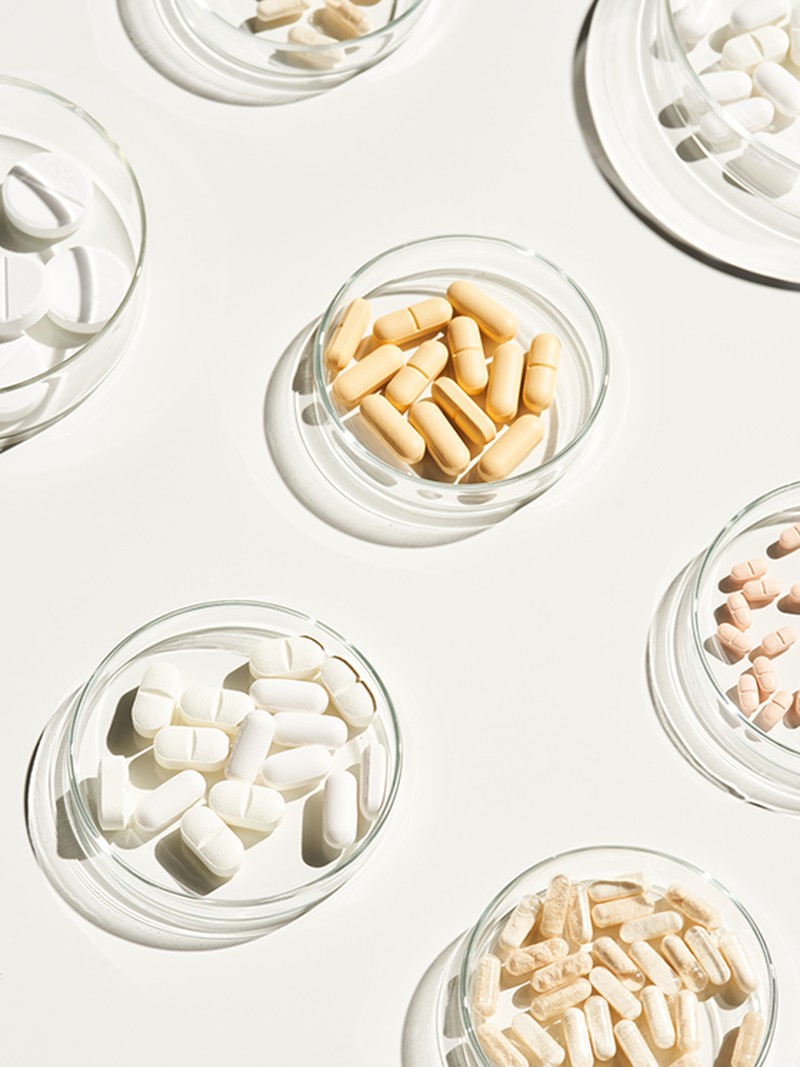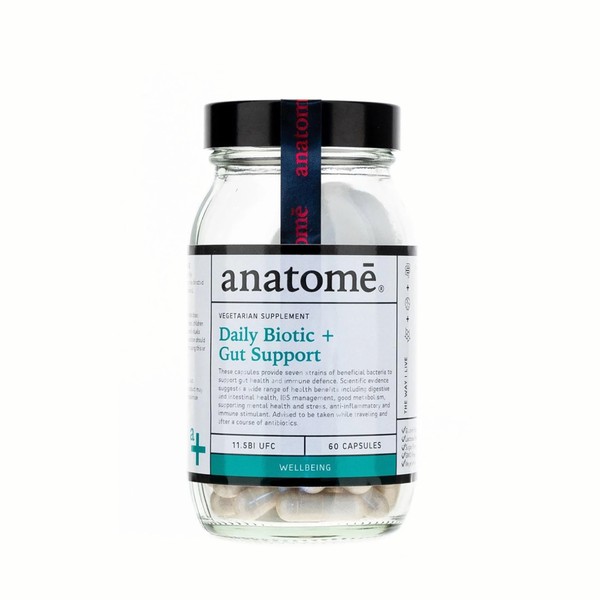The Best Probiotics According To The Experts
Clarissa Lenherr
Registered Nutritionist
They’re Worth Trying If You Have IBS
“Probiotics are widely known for their positive impact on gut health. If you have IBS, look for a probiotic that contains Bifidobacterium infantis, which has been shown to relieve bloating, abdominal pain and bowel movement difficulty. Lactobacillus plantarum has also been shown to provide relief from IBS symptoms. If you don’t have IBS but struggle with digestion, look for a formula that contains saccharomyces boulardii, a well-studied probiotic yeast strain that can help prevent and manage antibiotic-associated diarrhoea – I rate Designs for Health Floramyces, VSL and Inessa’s Advanced Biotic Complex.”
Probiotics Can Influence Skin Health
“Different probiotic strains have different benefits. Research suggests certain strains of probiotic, such as Lactobacillus acidophilus and Lactobacillus rhamnosus, may help reduce acne severity. Additionally, specific strains like Lactobacillus paracasei and Lactobacillus salivarius show potential in managing rosacea symptoms. Probiotics work by reducing inflammation, improving the skin's barrier function, and promoting a balanced skin microbiome.”
Spore-Based Probiotics Are More Resilient
“Spore-based probiotics contain bacterial spores that are highly resistant to environmental conditions, including stomach acid, which can help them reach the intestines alive and viable, where they may exert their beneficial effects. Spore-based probiotics have been shown to support the growth of beneficial gut bacteria, promote a balanced gut microbiome, and enhance immune function. I recommend Megaspore Biotic.”
It’s Important To Read The Label
“Some of the most common mistakes people make when taking probiotics include not taking it according to the instructions, taking an insufficient dose, not considering proper storage conditions and expecting immediate results. There’s no universally agreed-upon time to take probiotics, but many find it convenient to take them with a meal to buffer stomach acid. Just be sure to avoid taking them at the same time as a hot drink as hot liquid can kill live bacteria. Remember probiotics are live organisms and their potency decreases over time, so consider throwing away any old supplements you have lurking in your bathroom.”
Visit ClarissaLenherr.com
Natasha Evans
Registered Nutritional Therapist
Not Everyone Needs A Probiotic
“My view is that everyone can benefit from improving their gut health – but not everyone needs to take a probiotic. Our gut microbiome refers to the trillions of microorganisms living inside predominantly our large intestine. They fulfil many different roles for us including helping us extract nutrients from foods, regulating our immune system, regulating our nervous system and mental health, metabolising hormones, controlling our appetite and cravings, and more. We have a symbiotic relationship with our gut bugs – we provide them with food and shelter, and they look after us in return. Probiotics are a way of getting beneficial bacteria in supplement form to support the microbiome, but unless the product and strains of bacteria are given careful consideration, they can be a waste of money.”
It's Worth Doing Your Research
“Not all brands are created equal. My go-to is Invivo – its probiotics are targeted for specific health concerns and areas of the body. For example, it has a Lactobacillus-based formula that can be taken orally but makes it through to the vaginal tract to support the vaginal microbiome. If in doubt, speak to a professional to make sure you’re taking the right probiotic for your needs.”
Your Diet Also Plays A Part
“Remember you can see significant improvements in gut health from eating more probiotic foods like kefir, kombucha, kimchi, sauerkraut, miso and tempeh. In fact, research shows this is the quickest way from a dietary perspective to improve the health of your gut microbiome. Lifestyle has also been shown to have a significant impact on the microbiome, so optimising sleep, stress and movement can be beneficial.”
Visit NENutrition.co.uk
Nina Fuller-Shavel
Precision Health & Integrative Medicine Doctor
A Targeted Approach Is Best
“It can be tempting to think that a probiotic with a higher level of colony forming units (CFU) is stronger and therefore better, but this isn’t always the case. A targeted approach is more effective. And don’t forget, you still need to eat well to nurture your gut microbiome, no matter what probiotic you take. Avoid choosing a general ‘mystery’ probiotic with no strain information and do your research to understand what strain or formula is best for your needs. When it comes to quality brands, I rate Activated Probiotics, Invivo and Microbiome Labs.”
Visit DrNinaFullerShavel.com
Dominique Ludwig
Nutritionist
The Benefits For Your Gut Are Endless
“One of the main reasons to take probiotics is to flood the body with helpful bacteria to help repopulate the gut. Having good levels of beneficial bacteria makes it harder for the bad bacteria to multiply as they compete for space. Our good gut bugs are essential for helping us digest our food and for producing vitamins, such as B vitamins and vitamin K. Supplements that contain both Lactobacillus and Bifidum bacteria are the gold standard when it comes to increasing diversity in the gut. Cytoplan Acidophilus Plus contains nine strains and is my go-to formula.
Your Gut Bugs Are Responsible For Your Mood
“Around 95% of our serotonin – our happy hormone – is produced in the gut, which can influence the way we feel, from being anxious, calm or happy. There is a wealth of research linking poor diversity in the microbiome to conditions such as depression, anxiety and brain fog. Lactobacillus acidophilus is the strain to know when it comes to mood.”
Capsules Should Always Be Taken With Food
“The most dangerous part of the journey for probiotics is our stomach acid, which can easily kill the delicate live bacteria in a supplement if not taken properly. Probiotic capsules should always be taken with food, as the food will naturally dilute acid levels to give the bacteria a better chance of reaching the small intestine.”
We All Respond Differently
“Probiotics are very individual – just because one worked for your friend doesn’t mean you’ll see the same result. Some people notice an improvement in digestive symptoms in a matter of days, whereas others might not notice any changes until around the four-week mark. Some people may not notice any changes at all. Some even find probiotics can make their symptoms worse, while others will experience mild bloating that goes away over time. Be savvy when choosing a supplement, and keep an eye out for formulas that also contain prebiotic fibres – these may appear on the ingredients list as inulin, FOS or GOS – which support their growth in the gut, a little like fertiliser.”
Visit DominiqueLudwig.com
For more from the experts visit ClarissaLenherr.com, NENutrition.co.uk, DrNinaFullerShavel.com & DominiqueLudwig.com. Clarissa will be hosting a gut retreat in November – you can find more information here.
SHOP THE EXPERTS' PICKS
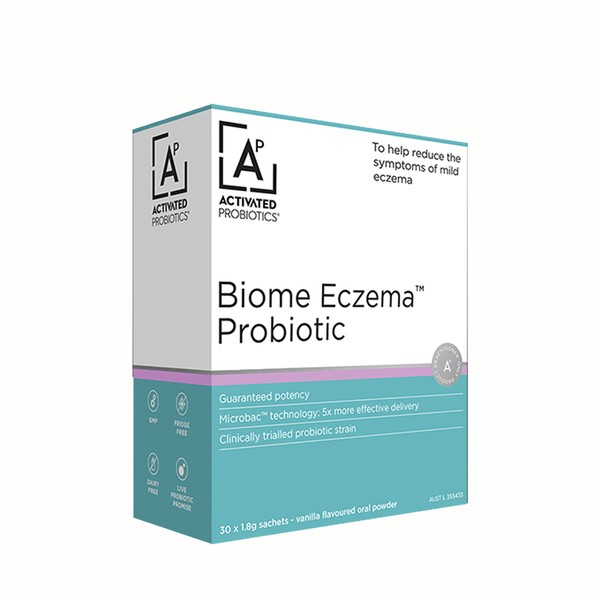
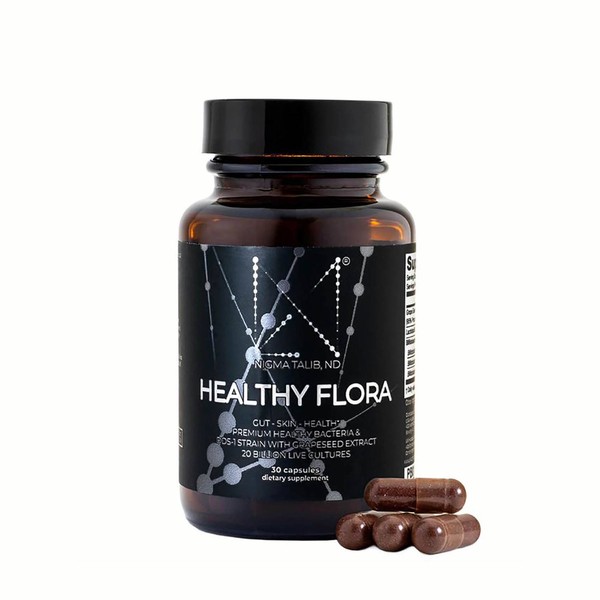
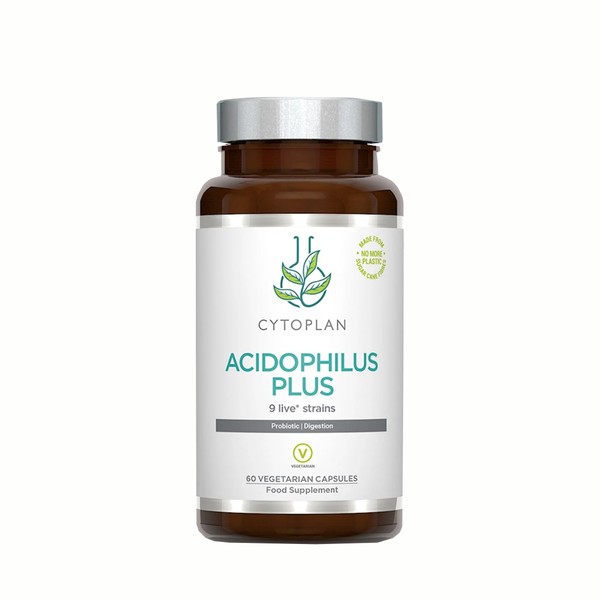
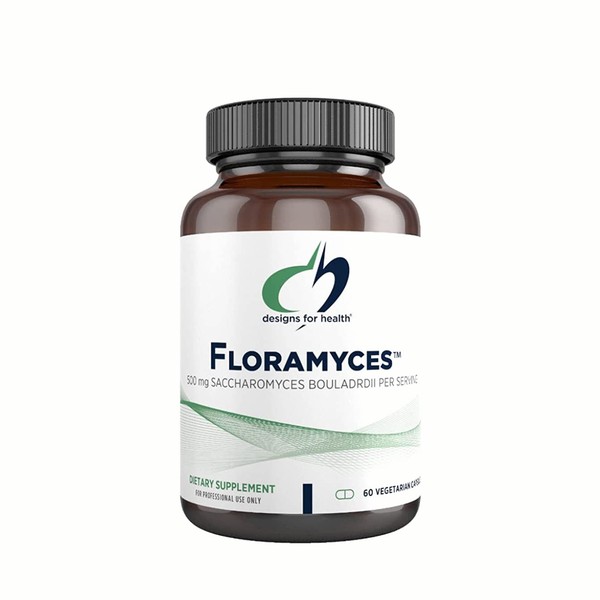
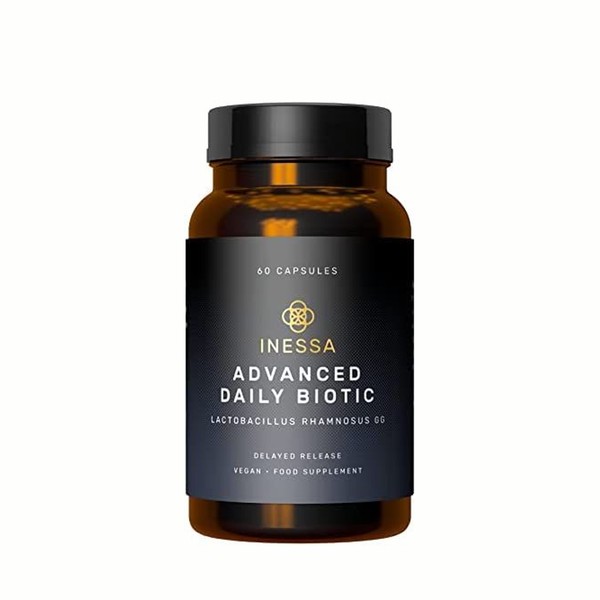
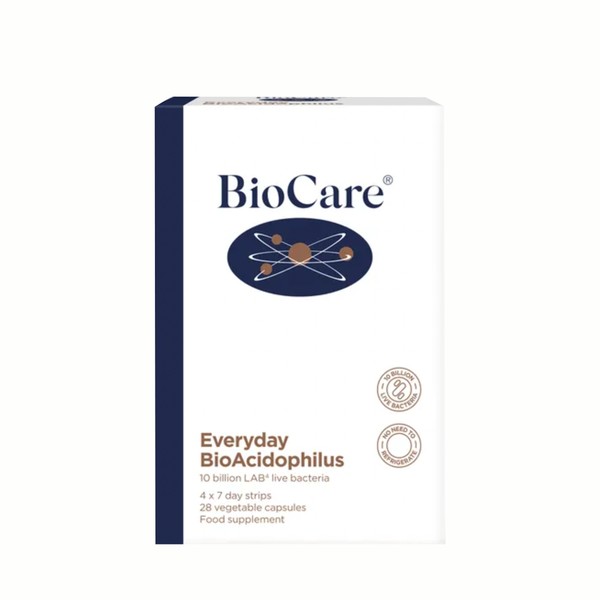
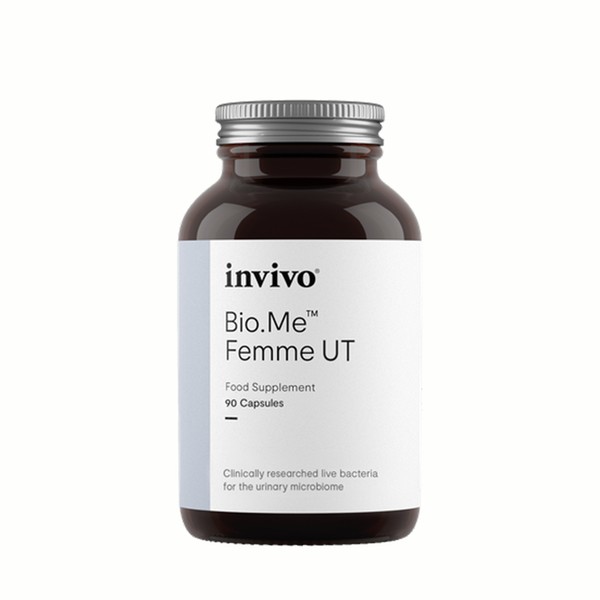
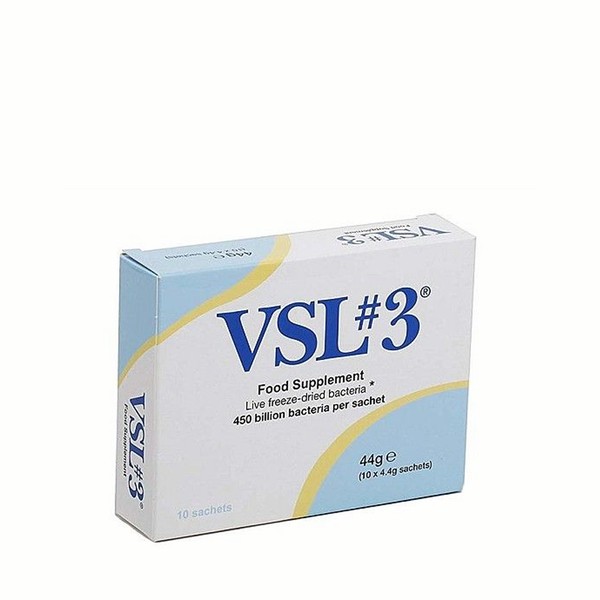
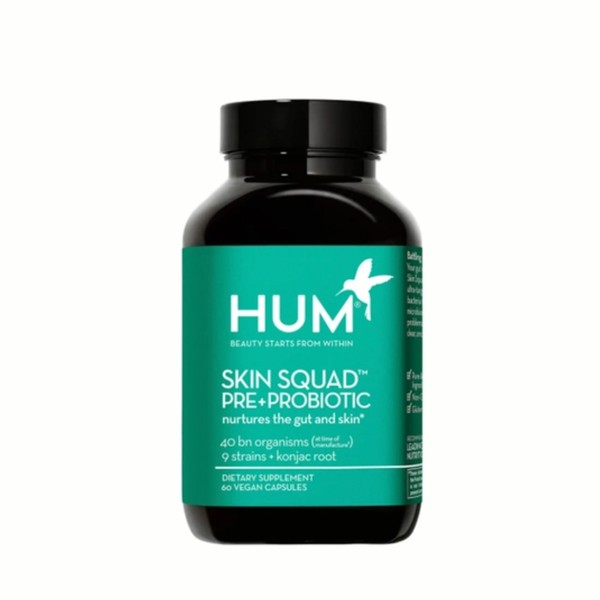
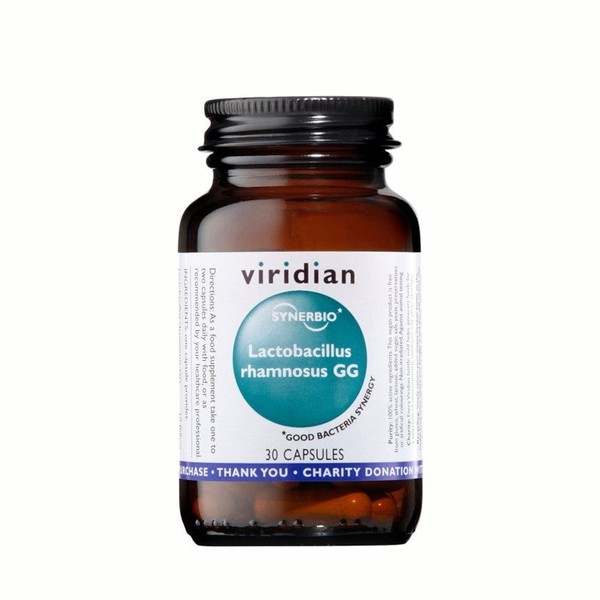
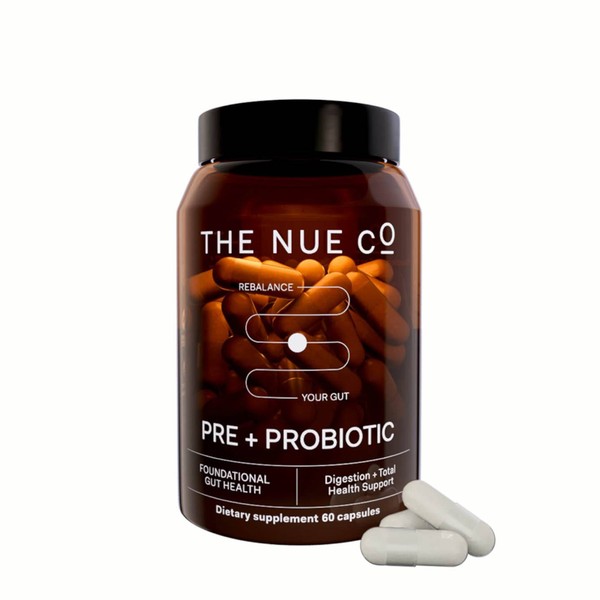
DISCLAIMER: Features published by SheerLuxe are not intended to treat, diagnose, cure or prevent any disease. Always seek the advice of your GP or another qualified healthcare provider for any questions you have regarding a medical condition, and before undertaking any diet, exercise or other health-related programme.
DISCLAIMER: We endeavour to always credit the correct original source of every image we use. If you think a credit may be incorrect, please contact us at info@sheerluxe.com.
